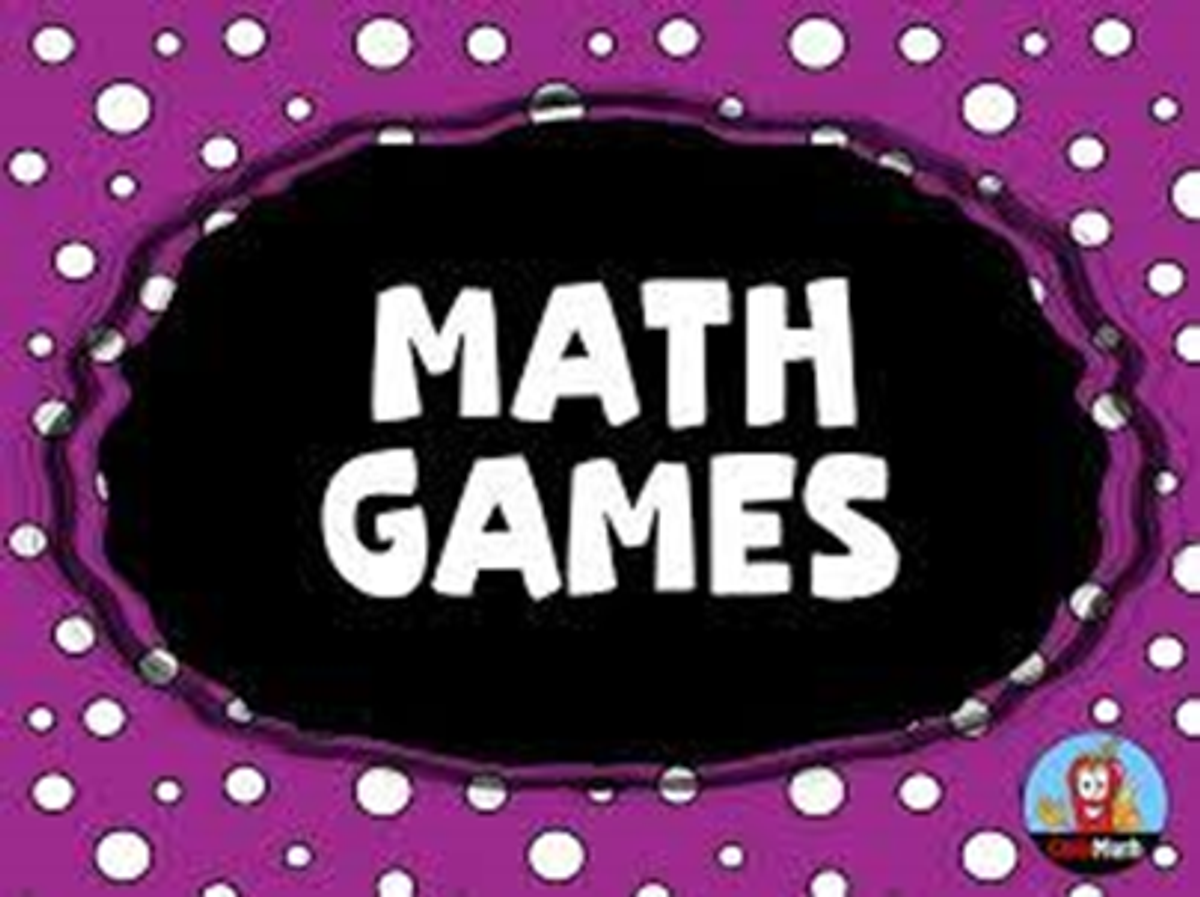Assistant Principal - Curriculum
Lou Corso

Assistant Principal - Curriculum
Lou Corso




MATHS GAMES
The best approach to the teaching of mathematics continues to evolve rapidly. One way to support student learning in mathematics is by involving them in playing games to practice numeracy skills. Please see some of the suggestions the DET has to approach and support mathematical development:
Reinforcing Fundamental Skills: Math games provide an enjoyable way for children to reinforce fundamental mathematical skills. Games often involve counting, number recognition, basic operations (addition, subtraction, multiplication, and division), and problem-solving. By playing these games, students can solidify their understanding of these concepts while having a blast!
Building Number Sense: Number sense is the ability to understand and work with numbers flexibly. Games can help children develop a strong number sense by encouraging estimation, mental math, and strategic thinking. Whether it's calculating points, making quick decisions, or determining the best move, games sharpen students' numerical intuition.
Enhancing Critical Thinking: Mathematical games are excellent for developing critical thinking skills. They require children to analyze problems, devise strategies, and make decisions based on logical reasoning. Games like puzzles, Sudoku, or strategy-based board games promote problem solving abilities and improve analytical thinking.
Promoting Collaboration and Communication: Many math games are designed to be played in pairs or groups, fostering collaboration and communication among students. Working together to solve problems, explain strategies, and discuss different approaches enhances their understanding of mathematical concepts. Furthermore, these cooperative activities cultivate teamwork and empathy.
Applying Math to Real-World Situations: Playing math-related games allows students to see the practical applications of mathematical concepts. Games involving money, measurements, or geometry, for example, provide opportunities to apply math skills to real-life situations. This connection helps students appreciate the relevance of mathematics in their daily lives.
Boosting Confidence and Motivation: Games offer a safe and enjoyable environment for children to practice math skills without fear of failure. As they experience success, their confidence grows, and they become more motivated to explore further. Games with different levels of difficulty allow students to challenge themselves and celebrate their progress.
Engaging and Fun Learning Experience: Most importantly, math games provide a fun and engaging learning experience. When students are enjoying themselves, they are more likely to be actively involved and fully invested in the learning process. By infusing playfulness into mathematics, games create a positive attitude towards the subject and foster a love for learning.